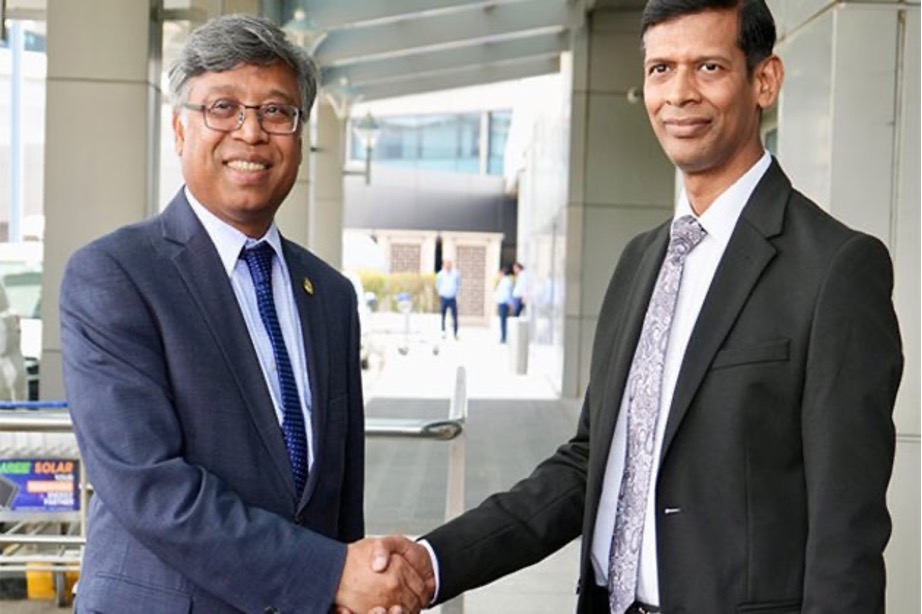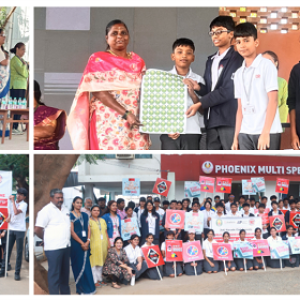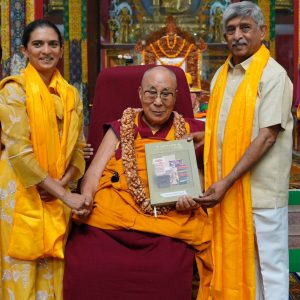In order to evaluate the functioning of the institutions that make up the South Asian Association for Regional Cooperation (Saarc) and examine the state of regional cooperation, senior Indian officials met with Muhammad Golam Sarwar, the secretary general of Saarc.
Sarwar met Jaideep Mazumder, secretary (East) of the ministry of external affairs, on Wednesday after starting a five-day tour to India on May 11. During the tour, Sarwar also had meetings with Minister of State for External Affairs Rajkumar Ranjan Singh and Foreign Secretary Vinay Kwatra.
This was the senior Bangladeshi diplomat’s first official visit to any Saarc member state following his appointment as secretary general in July 2023.
Afghanistan, Bangladesh, Bhutan, India, the Maldives, Nepal, Pakistan, and Sri Lanka are all part of the Saarc region.
Sarwar’s discussions with Indian officials centered on several aspects of Saarc regional cooperation, according to a statement from the ministry of external affairs. “India underlined its commitment to regional cooperation for the growth and prosperity of the people of South Asia through Saarc during the discussions,” the statement read.
“It was further highlighted that India has been undertaking various efforts and initiatives to bring the peoples of South Asia closer to each other and views Saarc as an important regional association for cooperation in South Asia,” the statement continued.
Sarwar visited and spoke with officials of the South Asian University (SAU), an international university founded by the eight Saarc members and housed in New Delhi, India, on Tuesday. Sarwar met with SAU President KK Aggarwal, who gave him an overview of the university’s operations, recently launched programs, and potential future growth areas.
Sarwar thanked the Indian government for the university’s assistance, stating that SAU is “one of the most successful flagship endeavours” of Saarc. Additionally, he emphasized the institution’s role in fostering collaboration among students from all across the area and providing high-quality education.
Since India, Afghanistan, Bangladesh, and Bhutan chose not to attend the bloc’s 2016 summit in Islamabad due to worries about cross-border terrorism and Pakistan’s meddling in the domestic affairs of its members, Saarc has essentially been dormant. Since all decisions under the Saarc charter require unanimous consent, the bloc’s activity came to a standstill when the summit was postponed.
Subsequently, India has concentrated on enhancing its collaboration with South Asian nations via several associations, including Bangladesh, Bhutan, India, and Nepal (BBIN) and the Bay of Bengal Initiative for Multi-Sectoral Technical and Economic Cooperation (Bimstec).













